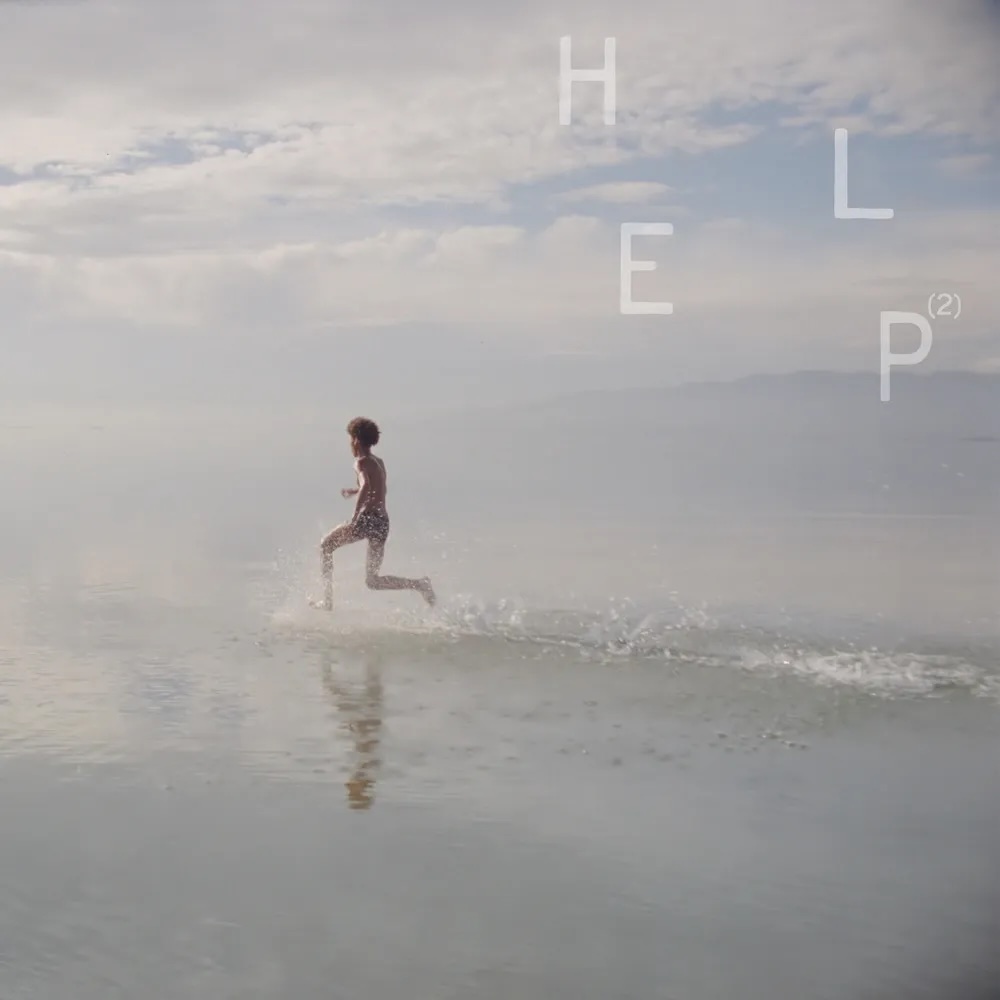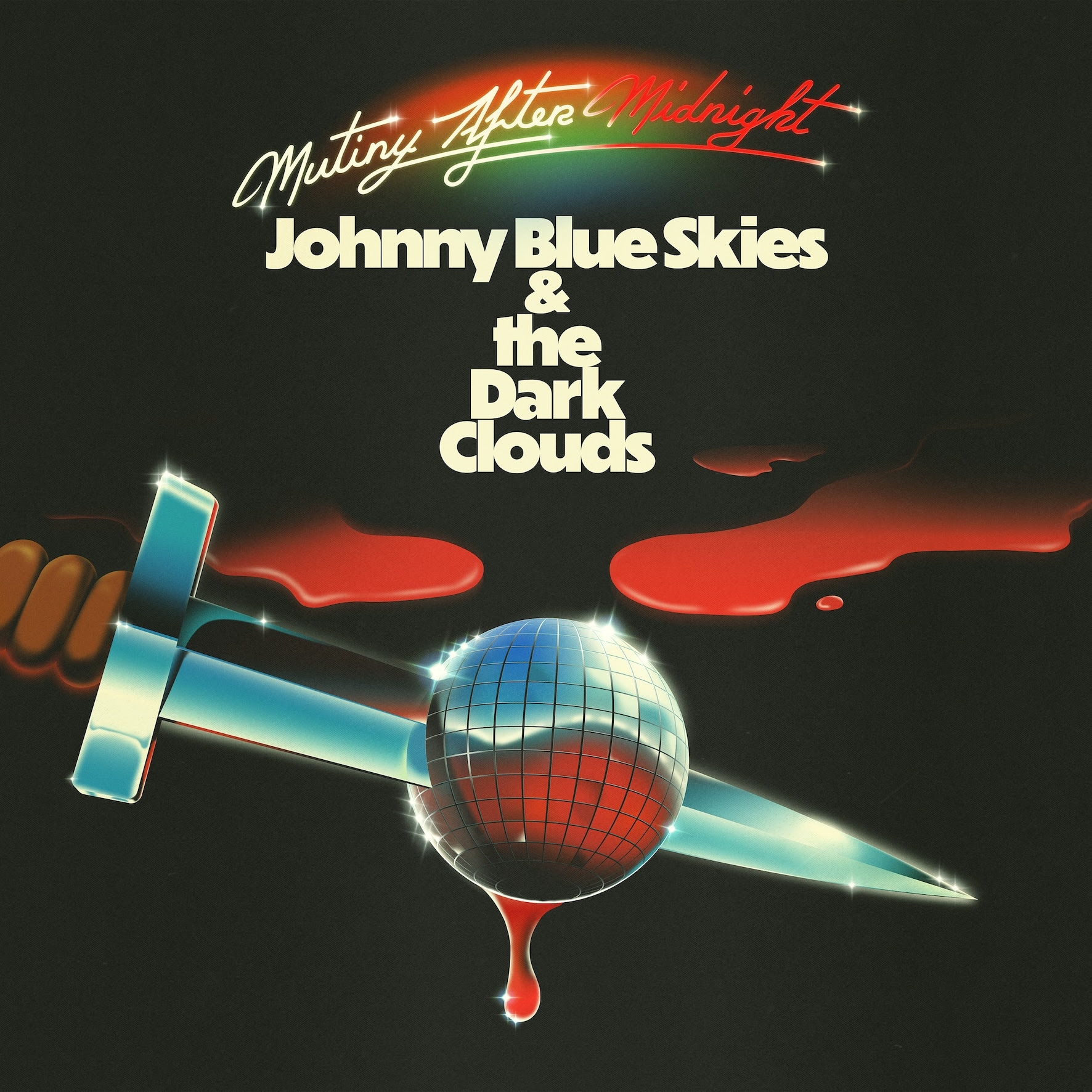It's nice to revisit a time when the only drama in Lil Wayne's career was DJ Drama. Wayne's relationship of late with his "Pa" Birdman could be written into the prime-time melodrama of Fox's Empire. Who knew a tweet from Weezy in December 2014 would unfold into an ugly family feud? After a bunch of lawsuits, three spinoff dramas, direct verbal shots, social media shots, subliminal lyrical shots, actual gunshots, a hurled drink, two mixtapes, an album, a quasi-reconciliation, and a Cash Money reunion track of sorts, here we are. Tha Carter V may be sent into the ether with Detox despite rumors of a 7/5 release date if it's not untangled from a massive web of money, ego, family, and legal proceedings. The rise and dissolution of Cash Money will make one hell of a biopic 10 years from now. But 10 years ago, Lil Wayne was freer, easier, and nominating himself for the title of best rapper alive -- and it was becoming believable.
At the time Dedication 2 dropped -- 10 years ago yesterday -- Wayne throwing his name into the fray for that lofty title felt a lot like Harry Potter's name shockingly being spat out of the Goblet Of Fire for the Tri-Wizard Tournament. Potter had never actually entered his name, but there he was, battling dragons and all sorts of shit, ultimately proving himself worthy of his selection. Similarly, Wayne had just released a platinum effort with Tha Carter II and begun one hell of a prolonged peak in skill and popularity that he would maintain for about four years. But he had only proved himself to be the best in Cash Money and a contender for best in the South with Tha Carter II.
Weezy's leap to best-rapper-alive status was pretty farfetched after he had come into the game popularizing the silly-ass term "bling bling" and often played the role of hypeman in the Hot Boys. His solo debut, Tha Block Is Hot, went platinum, but he was still muffled by several Cash Money features and capitalized from the Hot Boys' popularity. He then had to conquer his fellow Hot Boy Juvenile as best in his crew, deliberately naming his album 500 Degreez to one up (or one hundred up) Juvy's 400 Degreez. Tha Carter was the first album where his autonomy began to come into focus. Tha Carter II was the first time his agency proved to be lucrative and hinted that he had the skills to become something greater, or greatest. He came in the game at 12 years old, and now (not exactly baby-faced) at 23, it was hard to believe he was close to the best, but it would become easier.
[videoembed size="full_width" alignment="center"][/videoembed]
The plausibility of Weezy F Baby winning rap's game of thrones grew because of his prolificacy with mixtapes between '05 and '08 and his wherewithal in distinguishing them from his albums. His tapes were just as good as his albums, maybe even better, but in a distinctly different way. His albums were meticulously crafted, bending his rapidly growing lyrical ability and commercial appeal until they could be knotted together. His mixtapes were raw lyrical showcases with a reckless disregard for hooks and relentless free-associative wordplay. Where most rappers dilute their lyrics to become popular, Wayne did the opposite. Through his lyricism, subliminal shots at contenders through beat jacking, and audacious ramblings between tracks, each tape in this time period was a statement, a notice, a threat -- not merely between-album filler.
Dedication 2 wasn't the first time he explicitly said he was the best rapper alive. He threw it out on Tha Carter's "Bring It Back," but it was easy to dismiss as trite braggadocio. He had "Best Rapper Alive" on Tha Carter II, but it still came off like a statement he was trying to grasp or convince himself of. On Dedication 2, he believed it, and it was time for everyone else to do the same. Not only did he simply and emphatically state it on wax without a beat underneath, he named his little rant "I'm The Best Rapper Alive" so there was no mistake. He bluntly asserts in the soliloquy:
The first time I realized I was the best rapper alive, you know what I mean -- now before I go any further into this conversation let me let y'all know what I mean by that best rapper alive shit. I don' think I'm better than anybody personally. I don't think I'm better than anybody spiritually. I don't think I'm better than anybody in any way, form, or fashion. But as far as this rap thing, I think I am better than everybody. I'm a competitor. I hope everybody else feels the same way about their craft. If you do it makes it better for the people. It makes it better for the listeners, dog. And that's how I feel about mine. So if you a listener and you want to hear somebody that's dedicated to what they do, I'm so dedicated that I feel I'm the best.
[videoembed size="full_width" alignment="center"][/videoembed]
He then proceeds to make a pretty damn convincing case for entry into rap's upper echelon throughout the entire tape. The first actual track (after a talking intro called "The Best In The Business") is "Get Em," and it quickly acquaints you with Weezy's mentality. He says during the four-bar, "I ain't gonna wait on 'em, I'ma get em now." And that's the first and last disclaimer you get before an all-out barrage ensues. Original beats are decimated. Borrowed instrumentals forcefully become his like Debo and Red "sharing" their bike in Friday.
His verse on "Cannon (AMG Remix)" wipes its ass with Busta Rhymes and T.I.'s on the original, and it makes everyone else on the remix with Wayne sound garbage in comparison. "Sportscenter" is a strong backhand return at Jay Z with Hov's instrumental from "The Game Is Mine" as net, down to the tennis metaphor of "I'm serving this track like Steffi Graf, yeah/ Roger Federer there's no competitors." That track also foreshadows more direct shots at Jay, and many more beats that would be jacked from Marcy's finest and those close to him on future Weezy mixtapes (that rivalry still exists today as a complicated competitive mentorship). He implies his dominance over the South's past, present, and future using beats originally rapped on by Outkast, T.I., Three 6 Mafia, UGK, Ludacris, and Rick Ross. He takes on the beats of the most popular hits of the time with the the most fun lyrics like "I Think They Like Me" by Dem Franchise Boyz and "Kryptonite (I'm On It)" by Big Boi's short-lived supergroup the Purple Ribbon All Stars, and turns them into lyrical onslaughts. He takes on the best dead rappers -- Tupac and Biggie -- by spitting venom on their instrumentals (though Biggie's is only a beat from the Duets: The Final Chapter compilation). He even dips into the heralded underground on 9th Wonder and Little Brother's "Lovin' It." The rhymes were vicious in content and delivery, even in the era of the punchline flow where lyrics mattered a bit more than they do now. And no corner of hip-hop was safe.
Beyond Wayne's lyrical prowess taking shape on the tape, a few other important aspects came together as well due to timing. The spotlight was on his native New Orleans as the levees broke just nine months before, and hip-hop produced some of the most outspoken protesters of the government's reaction to and treatment of black survivors of Hurricane Katrina. Weezy turned tragedy into triumph by acknowledging the struggles of his fellow NOLA residents, talking about how active and generous he was in the community at the time, and revealing that it took $3 million dollars to rebuild his own home. All of that tension and strife led to a thorough, scathing indictment aimed at none other than president George Bush himself on "Georgia Bush." It may not have been Kanye saying "George Bush doesn't care about black people" on national TV, but it was a more heartfelt, piercing criticism coming from one of New Orleans' own on the frontline for the city's restoration. In social currency, Dedication 2 was by far the most important mixtape Lil Wayne ever dropped. That boosted the tape's cultural relevance, turning millions of eyes to Lil Wayne. And Wayne made it difficult for people to avert their gaze.
[videoembed size="full_width" alignment="center"][/videoembed]
Dedication 2 became inescapable. Whenever I hopped in a homey's whip or went to a house party, at least one track from Dedication 2 was bumping. And when I left LA to begin a two-year bid in upstate NY at an Ivy League school, it was the same -- no matter if it was a frat party, house party, or just kicking it with friends. It got to the point where you weren't sure if an original song was going to play or if you were going to hear Weezy's distinct, quirky rasp come in over the instrumental. To this day it has a combined count of 3,651,206 plays and listens on DatPiff. The mixtape distribution site launched in 2005, and quickly its tagline of "the authority in free mixtapes" rang true largely due to exclusive Weezy drops. Upon the tape's "official" release in September of '06, it even hit a modest 85 on the Billboard US R&B charts, back when mixtapes rarely popped up on charts (and the distinction was more clear). After Dedication 2, Lil Wayne mixtapes became as anticipated as Lil Wayne albums, and albums were more like momentous occasions.
With all that's been said up to this point, Dedication 2 is not Lil Wayne's best mixtape. His skills had not yet reached the level required to destroy Beyonce's "Upgrade U" instrumental on Da Drought 3. That was his peak. Even up-and-coming rappers shout out Da Drought 3 Lil Wayne as a formidable spitter. Hence Meechy Darko on the Flatbush Zombies' "MRAZ" three years ago: "M-E-T-H-O-D, Drought 3 Dwyane Carter/ With a splash a Busta's craft, and a hit of Big Poppa/ Little Dash of Nasty Nas, top it off with Bob Marley/ Throw 'em all in the blender, and I'm what the fuck you're getting." Da Drought 3 is Lil Wayne's best mixtape, and as Weezy himself said, "We can trade like the Dow Jones" over that statement for forever and a day if you wish.
[videoembed size="full_width" alignment="center"][/videoembed]
What makes Dedication 2 important is its role as catalyst. It's the first glimpse of Lil Wayne hitting his zenith and becoming everything he is today. We hear the emergence of Young Money's first signee, Curren$y, before that situation doesn't quite work out and the Hot Spitta goes the indie route. We get acquainted with Dwayne Carter Jr. the competitor and contender on this tape. So the ramblings about his love of competition, sport, and ESPN commentary shows (which he guests on regularly now) are significant because you can hear it in the music. There is no wasted space on this tape, which is either 25 or 26 tracks long, depending on which version you settled into.
Best rapper alive? Nah. Even in his prime. But if you throw the word mixtape into the title and narrow the parameters to the mid-2000s, you've got some truth on your hands.






